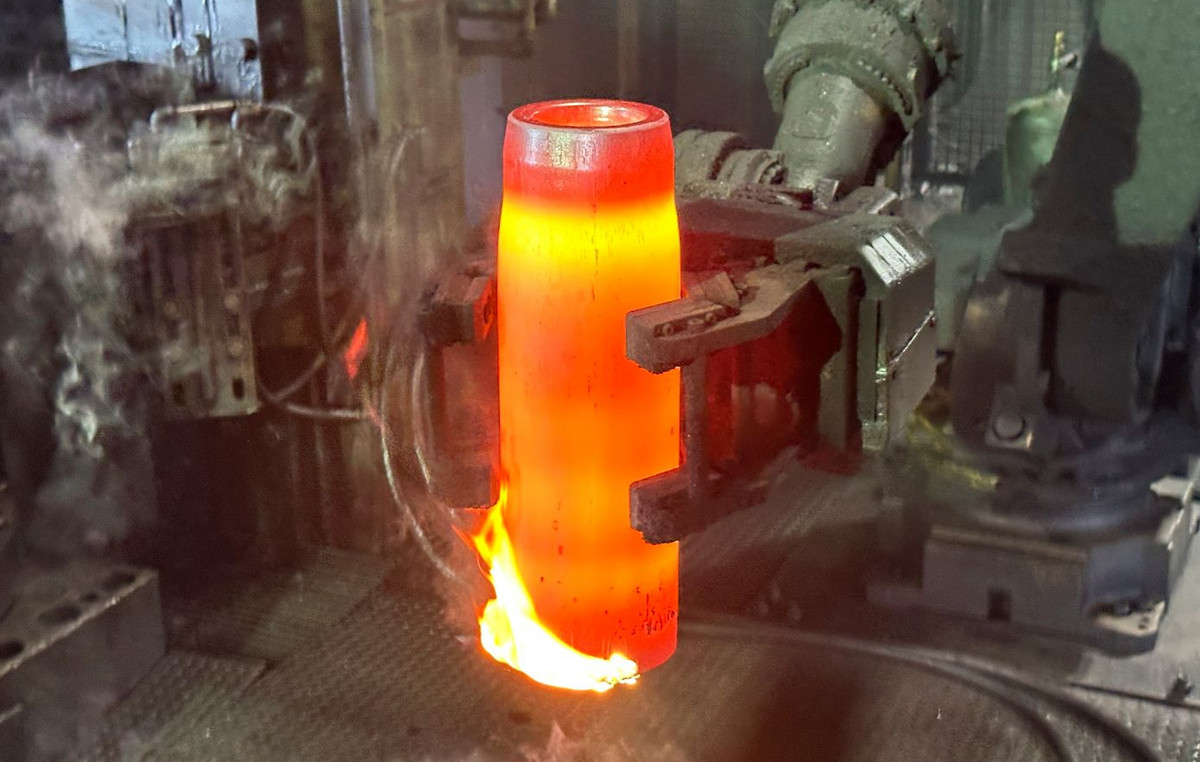Sinn Féin, the former political arm of the IRA, celebrated its first electoral victory in Northern Ireland’s history as a “turning point” for the British region, and called for a debate on creating a united Ireland.
Sinn Féin received 29% of the first preference votes, against 21.3% for the pro-UK, according to official results. While the final seat count has not been declared, analysts say no one will be able to reach Sinn Féin.
“Today represents a very significant moment of change. It is a turning point in our politics and for our people,” said the party’s leader in the region, Michelle O’Neill.
She said there should now be an “honest debate” about the party’s aim to unify the territory with the Republic of Ireland.
Asked by a journalist if she hopes to become the region’s Irish nationalist prime minister, she said: “The people have spoken.”
Sinn Féin’s victory will not change the status of the region because the referendum required to leave the UK must be called at the discretion of the British government, and is likely years away.
But the symbolic implications of Irish nationalist pre-eminence are enormous, ending a century of dominance by pro-UK parties, supported predominantly by the region’s Protestant population.

The election follows demographic trends that have long indicated that pro-British Protestant parties would be eclipsed by the predominantly nationalist and Irish-Catholic parties that favor uniting the north with the Irish Republic.
While the largest party has the right to nominate a candidate for prime minister from a government where power-sharing is compulsory, disagreements with the DUP mean a nomination is months away.
Source: CNN Brasil
I’m James Harper, a highly experienced and accomplished news writer for World Stock Market. I have been writing in the Politics section of the website for over five years, providing readers with up-to-date and insightful information about current events in politics. My work is widely read and respected by many industry professionals as well as laymen.







